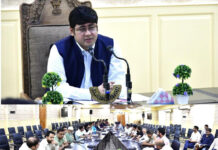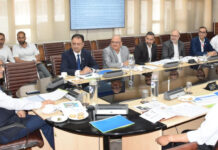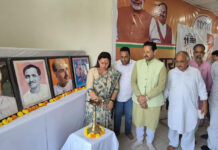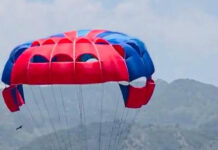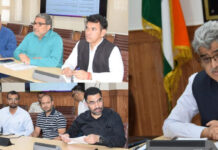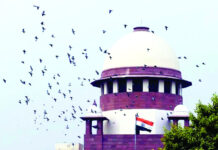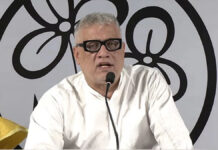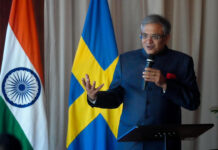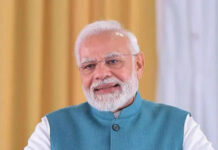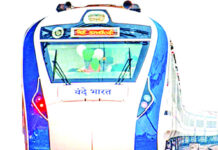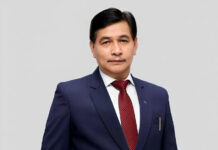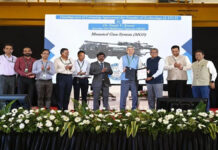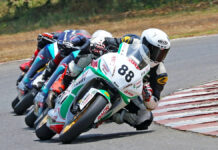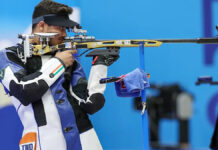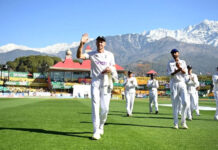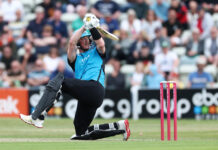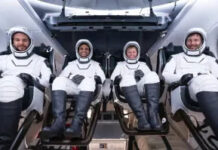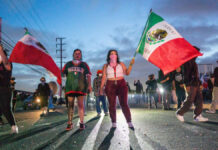A doctor working at a hospital for treatment of coronavirus patients in Maharashtra’s Aurangabad has revealed the tough task and challenges they face in collecting swab samples of the suspected patients. The process of swab sample collection of a person does not take more than 30 to 40 seconds, but it is a “high risk job”, Dr Pushkar Dahiwal, who collects 80 to 100 swab samples in a day at the government hospital in Aurangabad said. “We work for three days and then remain self- quarantined for 14 days,” he informed. During the six-hour duty, doctors have to keep wearing the personal protective equipment (PPE) and amidst the fast paced work, they do not even get a chance to drink water, he said. “We need to finish the work in a short time to avoid contact with patients and also with those who come to give their swab samples,” the doctor said. A 10 to 12 cm long stick is used to collect sample from a person’s throat, while the stick used for collecting sample from nose is comparatively longer and thinner, he said. “Before the person coughs or sneezes, we need to finish sample collection. Being a dentist, I have the practice of handling the patient’s mouth area,” he said. Dahiwal also said that at times they need to counsel coronavirus suspects as some of them think they dont have the infection, but carry a fear in mind. “Some of the people think the test is something different and dangerous. But, we explain the procedure to them so that there should be no need to collect another sample of the person,” Dahiwal said. The nurse and other accompanying staff also need to stay alert as the swab samples are to be sealed immediately and kept in a proper storage facility, he said. “If the swab sample falls, it would be a problem. All these things have to be completed in a very short span of time. So, there is no scope for mistake,” he added. Dahiwal also recalled that he took care of victims of the 26/11 terror attack in 2008 at the Saint George Hospital in Mumbai. “I left the Chhatrapati Shivaji Maharaj Terminus in Mumbai just 20 minutes before the attack began. At that time, we had fear the attackers may come from any side. That incident keeps coming to my mind every time when I collect swab samples of suspected coronavirus patients,” he said.

Dogra Herald is the media of J & K, breaking language and geographical barriers, connecting J & K to the rest of India.
0191 245 4946
info@dograherald.com
Latest articles
Back to Village-3 | Lt Governor dedicates Ashthal Bridge worth Rs 9.55 cr to the local people Lays foundation stones for Solid Waste Management...
iamjkstarr - 0
Lieutenant Governor, Manoj Sinha during his visit to Panchayat Halqa Ashthal, Kulgam, in connection with Back to Village-3 programme, dedicated Ashthal Bridge worth Rs...
Army distributes stationery items to students in Poonch
iamjkstarr - 0
Army distributed books and stationery items to Eleven teaching/ non teaching staff and 50 students of Army Goodwill School, Saujiyan in District Poonch. The...
New Zealand opposition leader meets JP Nadda, discusses bilateral ties
iamjkstarr - 0
New Zealand's Leader of Opposition, Simon Bridges, on Tuesday met BJP's National Working President, JP Nadda, at the party office here and held a...

